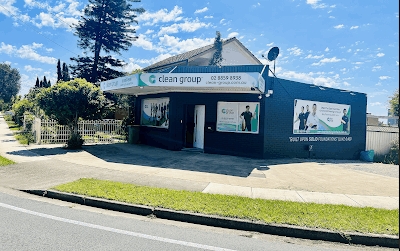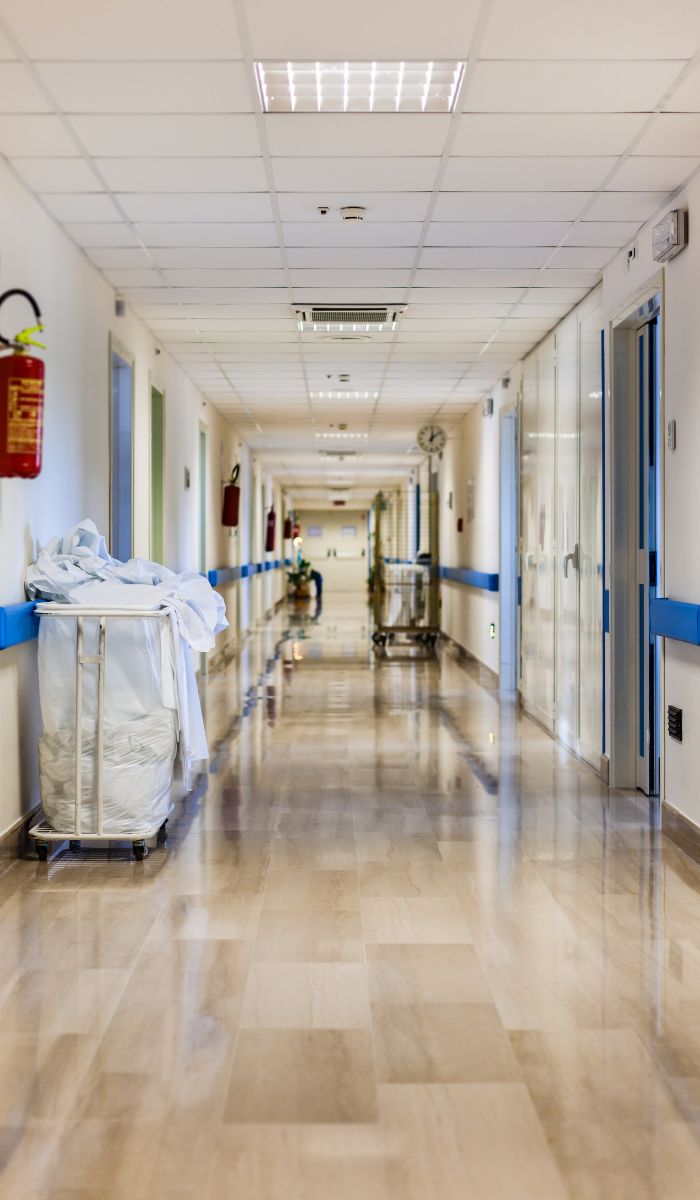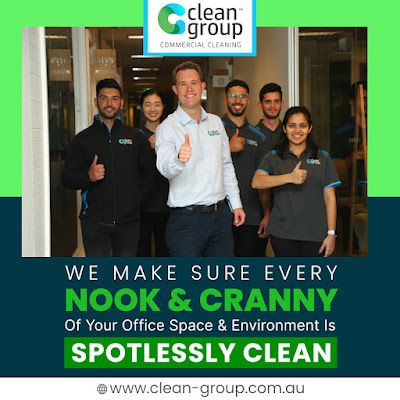
Chemical Health Risks at Work
How to Negotiate a Commercial Cleaning Contract
In addition to data analytics, customer relationship management (CRM) software is becoming increasingly important in the commercial cleaning industry. At Clean Group, we offer Reliable Office Cleaners in Sydney tailored to meet the unique needs of every business. Whether you manage a small startup or a large corporate space, our Professional Office Cleaners in Sydney deliver consistent, high-quality cleaning solutions at competitive prices. With years of industry experience, our team is equipped with cutting-edge cleaning technologies and eco-friendly products to ensure your office is spotless, hygienic, and welcoming. From routine cleaning to deep disinfection and everything in between, we take pride in being one of the most trusted names in office cleaning services in Sydney. Comprehensive Office Cleaning Tailored for Your Business Clean Group provides all-inclusive office cleaning solutions, which include: Supply and replacement of bin liners and toilet rolls Thorough cleaning of office furniture, desks, and common areas Advanced carpet cleaning and floor care Deep cleaning and COVID-19 disinfection services Washroom sanitisation and office toiletries management Our services are designed to accommodate the specific needs of your workspace, with flexible scheduling options such as daily, weekly, or fortnightly cleaning routines.. CRMs help cleaning companies maintain strong relationships with their clients by tracking communication, scheduling services, and handling customer feedback. This allows cleaning companies to provide a more responsive service and improve customer satisfaction. By keeping clients informed about the cleaning schedule, any delays, or issues that arise, cleaning companies can build trust and ensure that they meet the client's expectations consistently. Furthermore, CRM tools enable cleaning companies to streamline administrative tasks, freeing up time and resources that can be used to focus on service improvement and growth.
The integration of health and safety standards into the commercial cleaning industry has grown more pronounced with the increasing awareness of the risks associated with poorly maintained environments. Cleaning companies must stay current on evolving safety guidelines and regulations to minimize risk and liability. For example, many facilities are adopting cleaning practices that reduce the use of harsh chemicals to protect the health of both workers and the environment. Using eco-friendly products and minimizing exposure to potentially harmful substances ensures that cleaning services are both effective and sustainable.


